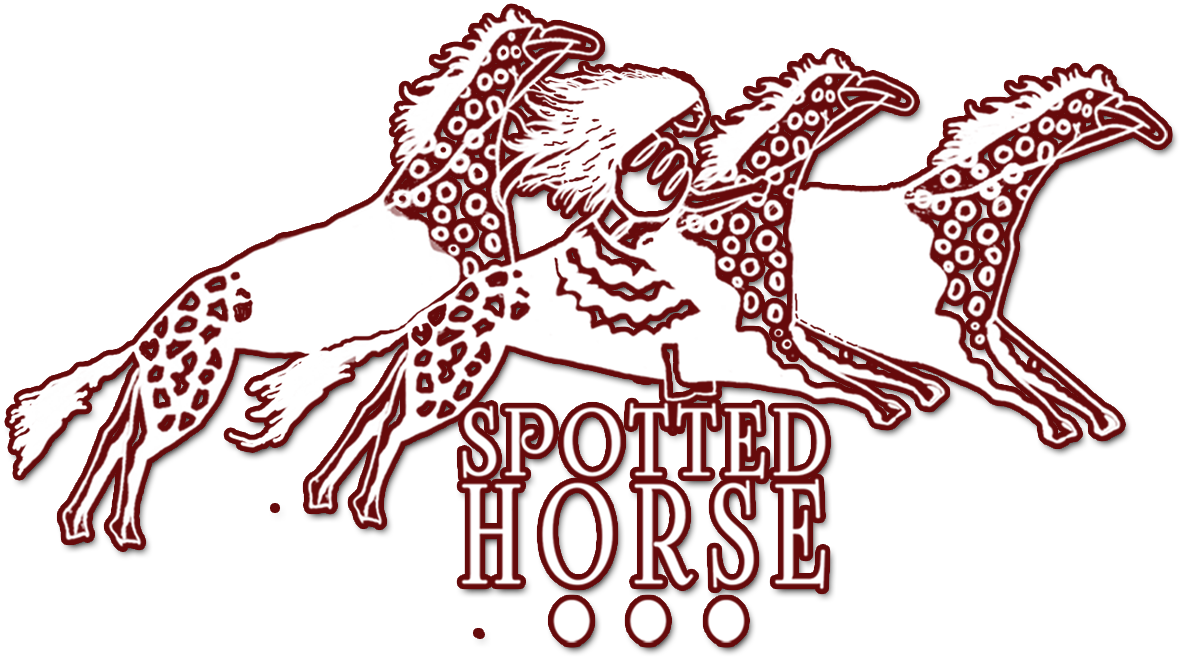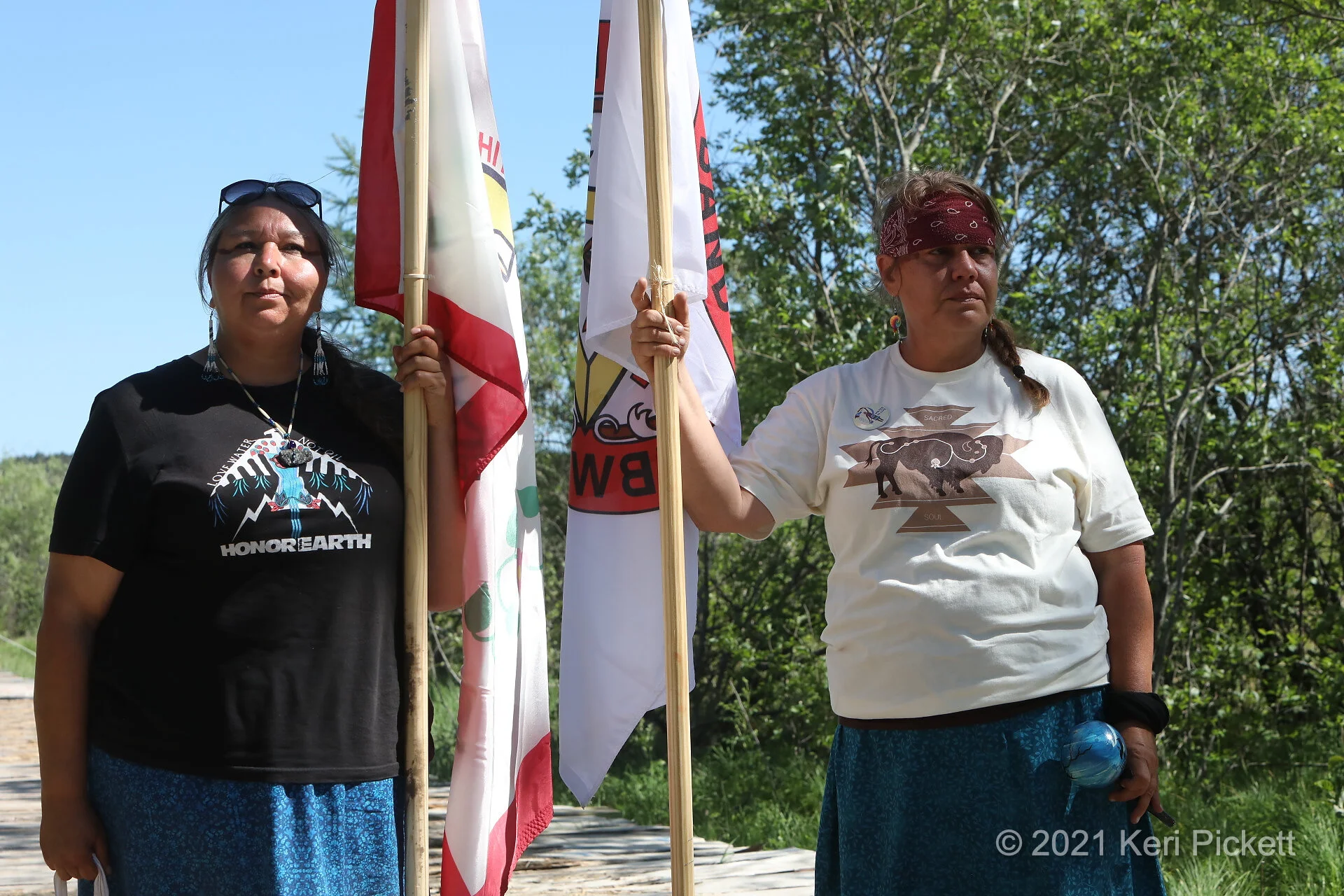Recognizing our interdependence, not independence
Recognizing our interdependence, not independence
Written By: Winona LaDuke | 11:00 am, Jul. 9, 2021
“It’s time for interdependence day, not independence day. That’s when we can recognize and value each other. That would be a good evolution for America, and maybe we will all learn to be patriots to the land and care for each other”
I am a patriot to a land, not a flag. Akiing, that’s the Ojibwe word for Land. Akiing means “the land to which I belong” … I am from this land and I recognize my interdependence in this world.
The Fourth of July is a complicated holiday for Indigenous people and people of color. After all, the U.S. was built on the genocide of Native people and the slavery of African Americans. In Minnesota, we remember the mass poisoning of our peoples and starvation killing 400 of our people at Sandy Lake, White Earth and beyond. We remember the hangings of the Dakota 38+2 and the land thefts of Minnesota and the U.S. In recent weeks, we’ve seen more atrocities uncovered, at Native residential schools, where thousands of bodies of Native children have been found buried.
Under the Walz administration, we continue to witness the discriminatory legal, justice and economic systems which undermine us, and shove giant pipelines through our world.
Erasure. That’s the term we should use to describe Native policy in the U.S. and in Minnesota — we just make them invisible, keeping only the promise “they said they would take our land and they took it.”
It’s hard to stomach some patriotism through all the trauma, frankly. Democracy itself, however, had Native origins, particularly from the First Nations of the Iroquois Confederacy.
Founding fathers such as Benjamin Franklin spent much time with the Iroquois in 1744. Canasatego, leader of the Onondaga nation and spokesman for the Iroquois Confederation, advised the British colonists:
“... We heartily recommend union and a good agreement between your brethren. Our wise Forefathers established union and amity between the Five Nations; this has made us formidable, this has given us great weight and authority with our Neighboring Nations. We are a Powerful confederacy, and by your observing the same Methods our wise Forefathers have taken, you will acquire fresh Strength and Power.”
The Founding Fathers had some convenient omissions in their lessons: Iroquois women leaders, Clan Mothers, would appoint and remove the chiefs. “A man only served as leader if nominated by women, and women could call for his removal, for which there was no appeal,” Douglas George-Kanentiio, a leading Iroquois scholar, explains.
That’s a far cry from the U.S., where women did not have the right to vote until 1919, and by 2020, women represented a scant 23% of Congress. Native people have valued women much more.
The Iroquois also have good lessons about war, creating the confederacy to end the wars between the nations, and burying the weapons beneath the Tree of Peace. Peace-making is certainly a practice we could relearn, as we live in one of the most violent societies in the world, having most recently witnessed an insurrection at the U.S. Capitol, and a never-ending wartime economy, which pushes half our budget on building a military, and accentuates violence, not peace.
It’s also clear that with all the smarts of the American White Men system, we’ve managed to crash ecosystem after ecosystem. What’s clear is that the regulations do not address the violence against nature.
To be clear, when my ancestors signed the 1855 treaty, you could drink the water from every stream and river, passenger pigeons blackened the skies and the buffalo roamed by the millions. Things have not gone well and treaties remain, like the Constitution, the supreme law of the land.
It’s time for interdependence day, not independence day.
That’s when we can recognize and value each other. That would be a good evolution for America, and maybe we will all learn to be patriots to the land and care for each other.

